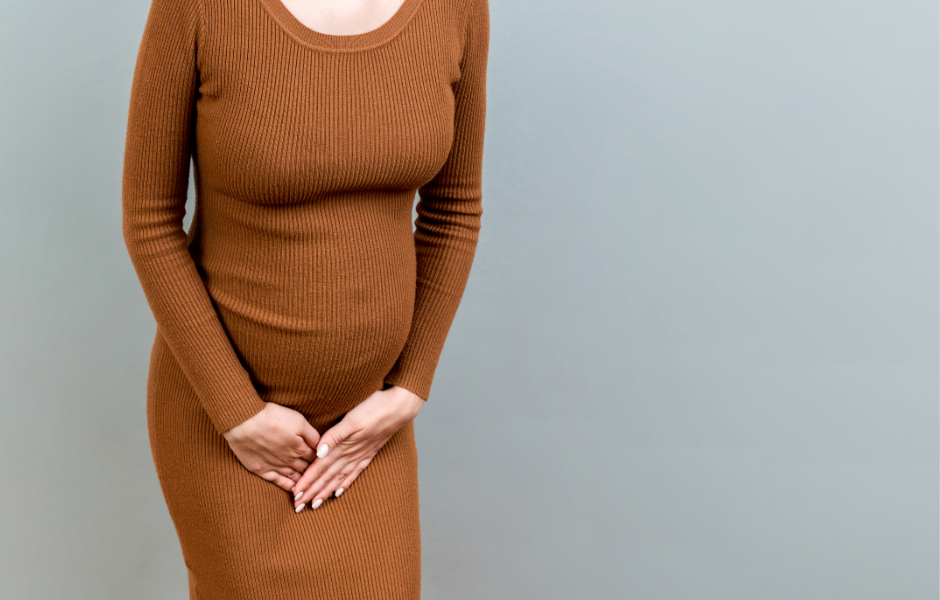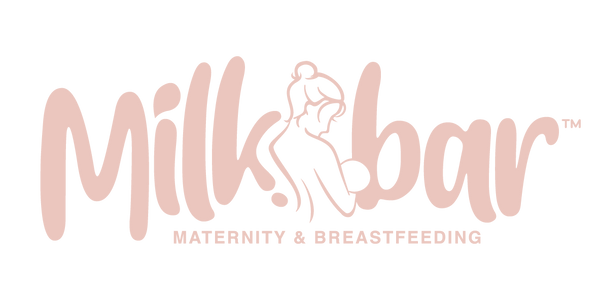
Managing Incontinence During and After Pregnancy: Tips and When to Seek Help
Share
Managing Incontinence During and After Pregnancy: Tips and When to Seek Help
Pregnancy is a wonderful journey filled with excitement, anticipation, and a fair share of challenges. One of those challenges that many women face, but few talk about, is incontinence. Yes, it’s that pesky leakage of urine that can happen when you least expect it. Don’t worry; you’re not alone! Incontinence during pregnancy and postnatally is more common than you might think. Here’s a guide to help you understand and manage it.
Why Does Incontinence Happen?
During pregnancy, your body goes through a myriad of changes. Hormones relax your pelvic floor muscles, and the growing baby puts pressure on your bladder. This combination can lead to stress incontinence, which is when you leak urine during activities like coughing, sneezing, or exercising. After childbirth, your pelvic floor muscles might be weak from the hormones and childbirth, contributing to continued leakage.
Types of Incontinence
- Stress Incontinence: Leakage during physical activities or movements.
- Urge Incontinence: A sudden, intense urge to urinate followed by involuntary leakage.
- Mixed Incontinence: A combination of stress and urge incontinence.
Tips for Managing Incontinence
-
Pelvic Floor Exercises: Strengthening your pelvic floor muscles can significantly reduce incontinence. Try to do these exercises daily. Squeeze the muscles from back to front, like you would to try stop passing wind and urinating, hold for a few seconds, and then release. Repeat 10-15 times, ideally three times a day. An app called 'Squeezy' is a great tool to help remind you to do these exercises.
-
Bladder Training: This involves scheduling bathroom visits and gradually increasing the time between visits. It helps your bladder hold more urine and reduces the urgency.
-
Stay Hydrated: It might seem counterintuitive, but drinking enough water is crucial. Dehydration can irritate the bladder, making incontinence worse.
-
Watch Your Diet: Some foods and drinks, like caffeine, alcohol, and spicy foods, can irritate your bladder. Try to limit these if you notice they worsen your symptoms.
-
Maintain a Healthy Weight: Extra weight puts more pressure on your bladder. Maintaining a healthy weight through a balanced diet and regular exercise can help.
-
Use Incontinence Pads or Period Undies: If leakage is a concern, incontinence pads or period style underwear are a discreet and effective solution to keep you dry and comfortable while you work on your pelvic floor strength.
When to Seek Help
While incontinence can be common during and after pregnancy, it’s important to know when to seek professional advice:
- Persistent Symptoms: If incontinence persists beyond six weeks post-delivery, it’s a good idea to talk to your healthcare provider.
- Severe Leakage: If you’re experiencing significant leakage that interferes with your daily life, seek help.
- Pain or Discomfort: If you have any pain while urinating or in your pelvic area, it could be a sign of an infection or other issues that need medical attention.
- No Improvement with Self-Help: If you've tried pelvic floor exercises and other tips but haven’t seen improvement, a professional can provide tailored advice and treatment options.
Final Thoughts
Incontinence during and after pregnancy is nothing to be embarrassed about. It’s a common issue, and there are plenty of ways to manage it. Start with some simple lifestyle changes and exercises, and don’t hesitate to seek help if needed. Remember, taking care of your health is incredibly important!!
